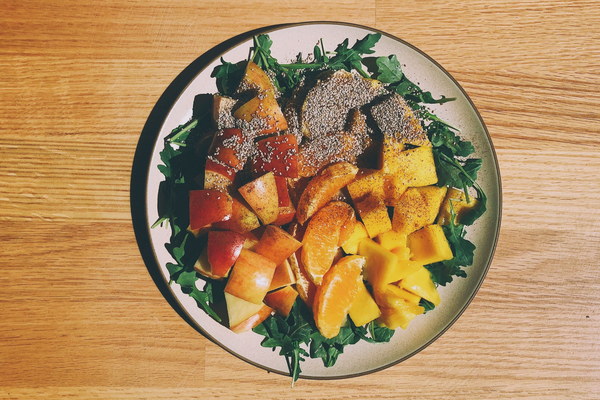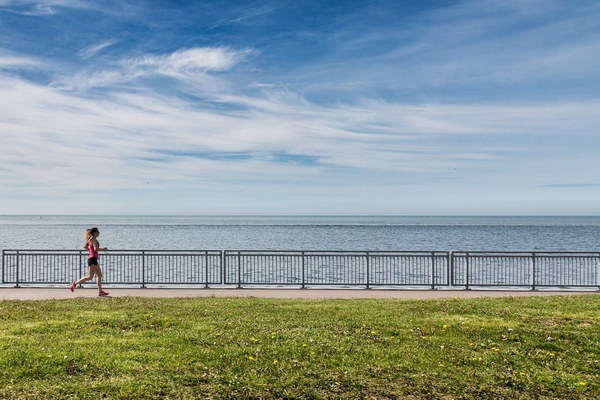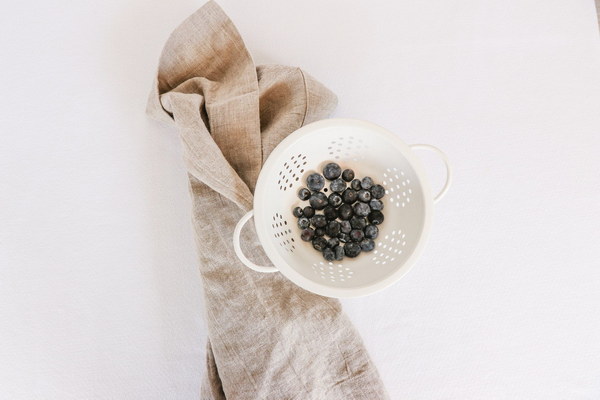PostCOVID Lung Care Nurturing Your Lungs for a Healthier Future
Introduction:
The COVID-19 pandemic has brought with it a heightened awareness of lung health. As we move beyond the acute phase of the virus, it is essential to focus on post-COVID lung care to ensure a healthier and more robust recovery. In this article, we will discuss various strategies and tips on how to nurture your lungs after COVID-19, including lifestyle adjustments, natural remedies, and medical interventions.
1. Practice Deep Breathing Exercises:
Deep breathing exercises, such as diaphragmatic breathing, can help improve lung capacity and reduce shortness of breath. These exercises involve breathing deeply into the lungs, allowing more oxygen to reach the bloodstream. To practice diaphragmatic breathing, lie on your back with your knees bent and your hands on your abdomen. Inhale slowly through your nose, allowing your abdomen to rise, then exhale through your mouth, pressing gently on your abdomen to expel air.
2. Stay Hydrated:
Drinking plenty of water is crucial for maintaining healthy lungs. Adequate hydration helps keep the mucous membranes moist, which helps to trap and expel foreign particles, including bacteria and viruses, from the respiratory tract. Aim to drink at least 8-10 glasses of water per day, and consider herbal teas or warm fluids to keep your respiratory system hydrated.
3. Practice Regular Exercise:
Engaging in regular exercise can improve lung function and overall fitness. Low-impact activities, such as walking, swimming, and cycling, are excellent choices for individuals who have recently recovered from COVID-19. These activities help increase lung capacity, improve circulation, and reduce stress levels. Consult with your healthcare provider before starting any new exercise regimen.
4. Avoid Smoking and Secondhand Smoke:
Smoking and secondhand smoke can worsen lung conditions and impede recovery. If you are a smoker, quitting smoking is one of the most significant steps you can take to improve your lung health. Seek support from healthcare professionals, support groups, or nicotine replacement therapy to help you quit.
5. Use a Humidifier:

A humidifier can help keep the air in your home moist, which can be beneficial for individuals with lung conditions. Dry air can irritate the respiratory tract and worsen symptoms of post-COVID lung issues. Ensure that your humidifier is clean and well-maintained to prevent the growth of mold and bacteria.
6. Practice Good Hygiene:
Maintaining good hygiene can help prevent respiratory infections that may further compromise your lung health. Regularly wash your hands with soap and water for at least 20 seconds, especially after coughing, sneezing, or being in public places. Avoid touching your face, particularly your eyes, nose, and mouth, as these are entry points for viruses and bacteria.
7. Consult with a Healthcare Professional:
If you experience persistent symptoms such as shortness of breath, cough, or chest pain after recovering from COVID-19, it is crucial to consult with a healthcare professional. They can provide personalized advice and recommend appropriate treatments, including pulmonary rehabilitation programs, medications, or other interventions.
Conclusion:
Post-COVID lung care is essential for a healthier and more robust recovery. By incorporating deep breathing exercises, staying hydrated, practicing regular exercise, avoiding smoking and secondhand smoke, using a humidifier, maintaining good hygiene, and consulting with a healthcare professional, you can help protect your lungs and improve your overall well-being. Remember that recovery may take time, and patience and persistence are key to nurturing your lungs for a healthier future.









